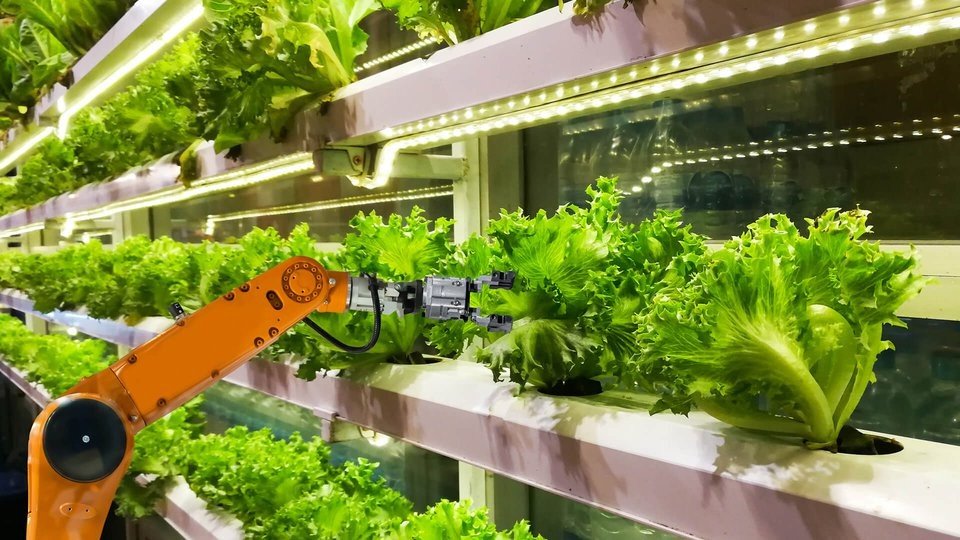BVT receives Mexican approval on its Proprietary Biological for commercial use
The approval covers delivery of CR-7 using both bumble bees and honeybees on various high value crops, including the berry group of crops and indoor vegetables.
Bee Vectoring Technologies International Inc. announced that the Company’s proprietary Vectorite with Clonostachys Rosea CR-7 (CR-7) has been approved by Mexico’s COFEPRIS (The Federal Commission for Protection from Sanitary Risks), the country’s health authority responsible for registration of plant protection products, for use as a fungicide on commercial crops. The approval covers delivery of CR-7 using both bumble bees and honeybees on various high value crops, including the berry group of crops and indoor vegetables.
“The success of BVT receiving regulatory approval for its product in Mexico is consistent with our strategy to focus on increasing the Company’s addressable market through geographic market expansion,” said Ashish Malik, CEO of BVT. “With US EPA approval in 2019, and now by adding Mexico COFEPRIS approval allowing BVT’s CR-7 to be sold in Mexico for the first time, we have significantly increased the market opportunity for commercial sales of the Company’s proprietary biological fungicide.”
Mexico’s growers offer significant market potential for BVT’s natural precision agriculture system: official statistics indicate that the country’s production in 2019 included 41,600 acres of strawberries, 12,100 acres of blueberries and over 377,000 acres of tomatoes and peppers.(1) In the same year, US imports of fresh and processed fruits and vegetables from Mexico amounted to US$15.6 billion.(2) The country uses US$1.3 billion worth of pesticides each year,(3) but an increasing number of growers are turning to biologicals as an alternative that offers better quality, greater food safety and reduces the need for chemicals.
“Having already completed demos with some berry growers in Mexico, and with the registration now in hand, BVT is in a great place to secure a commercial arrangement with a partner to bring our system to market in Mexico,” added Malik. “Mexico is a strategic market for BVT – being an export-oriented country where the growers are keen to adopt low- or no-chemical solutions to fight diseases and increase crop yields, BVT’s all-natural solution together with the classification of CR-7 being exempt from residue tolerance in the US, will provide them with a competitive advantage.”
Mexico’s COFEPRIS registration makes Vectorite with CR-7 available immediately for sale as a registered fungicide for use on the labelled crops.
The approval covers delivery of CR-7 using




